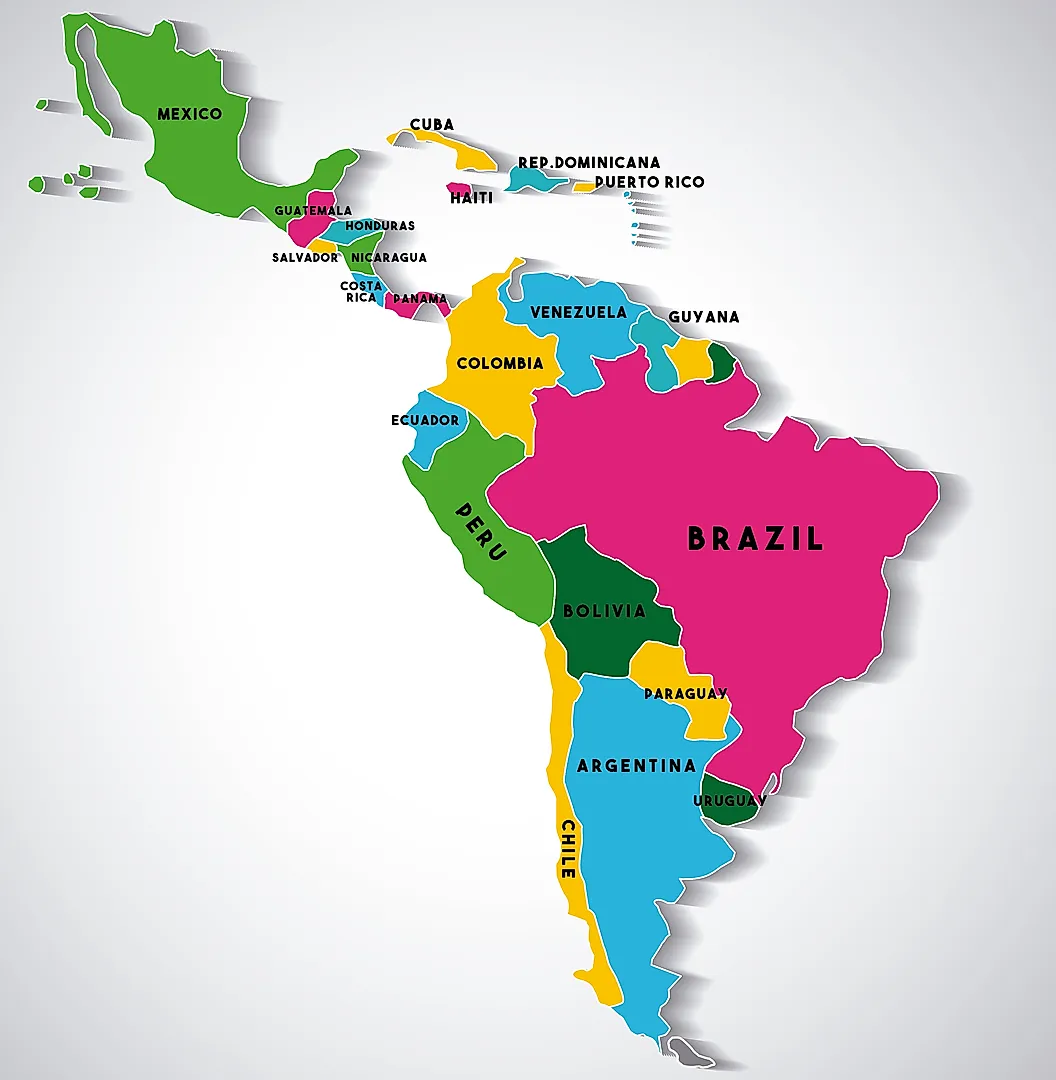US Treasury Secretary Scott Bessent confirmed on Tuesday that Argentina had activated the currency swap. The announcement put an end to days of speculation, as local economists posited that it had already happened despite no confirmation from local authorities. Argentine President Javier Milei’s administration has yet to make any public comments regarding the activation — at press time, spokespeople for the economy ministry and the Central Bank had yet to answer requests for comments by the Herald. “We already had a profit on that swap line,” Bessent told U.S. news channel MSNBC on Tuesday morning. “We made a line of credit available, and a small amount of it was drawn on, and we have made a profit on that.” When was the swap line activated? Ahead of Argentina’s October 26 elections, the U.S. Treasury bought pesos to quell a run on the currency. Although the figure has not been made public, analysts calculate that the U.S. sunk well over US$2 billion to prop up the peso. The US government had previously announced a bailout of Argentina, which included a US$20 billion currency swap through its Exchange Stabilization Fund. Speculation that the Argentine government had activated the swap line began last week. Following an examination of the Central Bank’s balance sheet showing that the “other liabilities” category had grown by almost 2.9 trillion pesos (US$2 billion), economists consulted by the Herald concluded that the credit line had been used. This means that Buenos Aires now has a debt with Washington. Information on rates, amounts, or maturity dates has not been made available, which has led to criticism of the operation’s lack of transparency. Bessent refused to call the US$20 billion swap line a “bailout”. “In most bailouts you don’t make money,” Bessent said, adding that the Trump administration used its “financial balance sheet to stabilize the [Argentine] government,” which he called “one of our great allies in Latin America,” ahead of the midterms. “The president there won in a landslide, the government is going to make money,” he added. The treasury secretary went on to say that the US will have more allies in Latin America, citing the recent presidential elections in Bolivia and the upcoming votes in Chile and Colombia.“I would rather use peace through economic strength than have to be shooting at narco boats coming offshore [after] a government collapse,” Bessent said, referring to the U.S.’s sinking of Venezuelan ships.
US Treasury Secretary says Argentina has activated the currency swap
Date:




